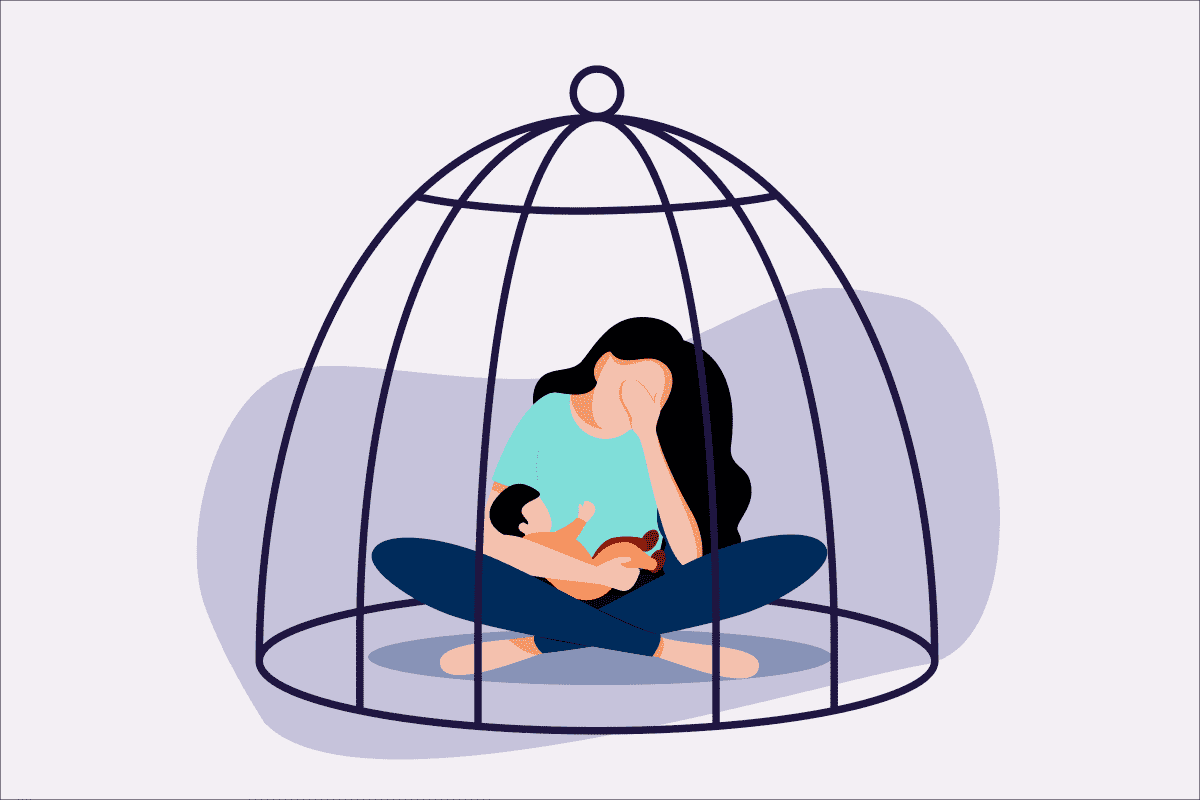Diagnosing and treating major depressive disorder (MDD) accurately and efficiently is challenging for many clinicians. Recent additions to the Diagnostic and Statistical Manual of Mental Disorders (DSM) as well as potential moderators of antidepressant response such as pretreatment phenomenological characteristics (eg, body mass index, drug metabolism markers) may help physicians to better stratify patients and make informed decisions on the best course of treatment to obtain remission. The evidence base suggests that combining traditional antidepressant therapy with atypical antipsychotics may increase the chance for remission. Other strategies that may help include switching to another antidepressant as monotherapy or combining lithium, thyroid hormone, or psychotherapy. Moreover, in some cases, a manualized-based psychotherapeutic approach may be an appropriate first-line or alternative treatment avenue for adults with MDD.
This PDF is free for all visitors!



